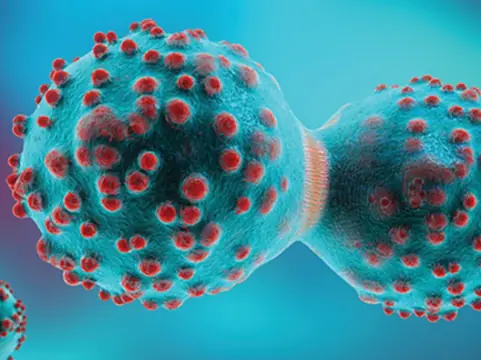
Detecting Can.cer Risk Before Birth
Detecting Can.cer Risk Before Birth
Scientists from the Van Andel Institute have discovered that genes influencing can.cer risk can be affected as early as the fetal stage, while a baby is still in the womb.
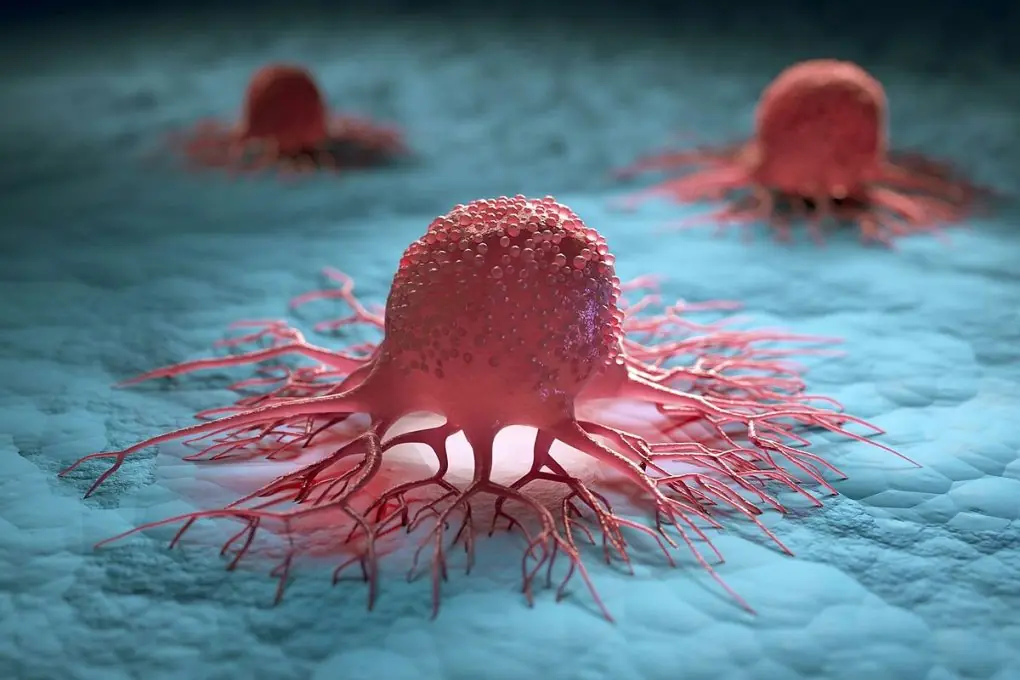
Published in Nature Cancer on February 13, the study suggests that cancer-related factors may exert their influence even before birth. Researchers identified two distinct epigenetic states that emerge during early development and are linked to lifelong cancer risk. One state corresponds to a lower risk, while the other is associated with a higher risk.
If cancer occurs in individuals with the lower-risk state, they are more likely to develop liquid tumors, such as leukemia or lymphoma. Conversely, those with the higher-risk state have a greater likelihood of developing solid tumors, including lung or prostate cancer.
"Since most cancers occur later in life due to mutations and genetic factors, research has not deeply explored the link between early development and cancer risk. Identifying these two epigenetic states has opened an entirely new field of study for the disease," said Dr. J. Andrew Pospisilik, Chair of Epigenetics at VAI and co-author of the study.
Cancer risk increases with age due to DNA damage accumulation and other factors. However, not all abnormal cells develop into cancer. In recent years, scientists have identified additional contributing factors, such as epigenetic errors, that may play a role in cancer formation.
Epigenetics refers to processes that regulate how the body interprets DNA. If these processes malfunction, the body's cellular quality control mechanisms may fail, allowing diseased cells to survive and spread.
In their research, Pospisilik and his team found that mice with reduced levels of the Trim28 gene exhibited a higher risk of developing cancer.
Dr. Ilaria Panzeri, a research scientist in Pospisilik's lab, emphasized that identifying epigenetic markers is a crucial step toward developing targeted therapies. These findings suggest that cancer origins may trace back to a critical early stage of development, providing new perspectives for research and potential avenues for diagnosis and treatment.
The research team discovered evidence of the two epigenetic states across various tissues in the body, suggesting that these factors are common among different types of cancer. Moving forward, they plan to investigate how these states influence specific types of cancer.
News in the same category

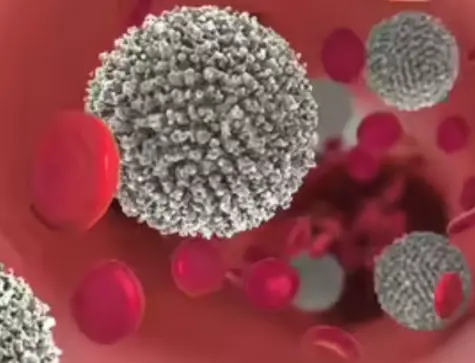
World-First Breakthrough: Base-Edited Gene Therapy Reverses "Incurable" T-Cell Leukemia

Twin Study Reveals Gut Microbiome's Role in Multiple Sclerosis Development
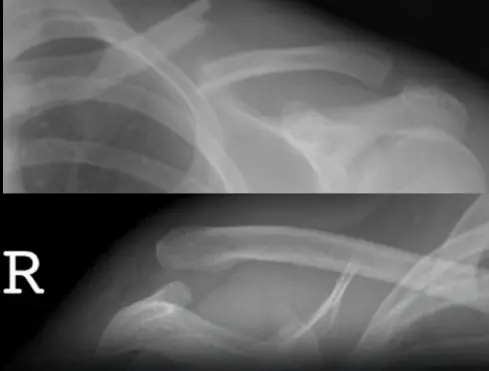
This Drink Will Destroy Your Bones From The Inside But Everyone Drinks It Anyway

High Blood Sugar: 13 Early Warning Signs & 9 Strategies to Regain Control

Early Warning Signs of Liver Damage — And How to Protect and Strengthen Your Liver Naturally

Man has stroke after bathing right after meal: 3 mistakes you shouldn’t make

Most leftover food can still be eaten—but there are two types you’re better off throwing away than “slowly pois.oning yourself.”

Dreaming of “inti.macy” with the opposite s.ex: Most cases come from these 2 reasons—don’t be naïve and misunderstand it

Avoid These 6 Foods That Can Harm Your Thyroid Health

Coconut Water and Your Kidneys: The Truth You Should Know

Leg Cramps at Night Are Not Random—Here’s What Your Body May Be Telling You

Think pouring hot water down the sink is safe? It could be causing two big problems.

Doctors Warn: 3 Pain Areas That Might Be Early Signs of Can.cer—When to Get Checked
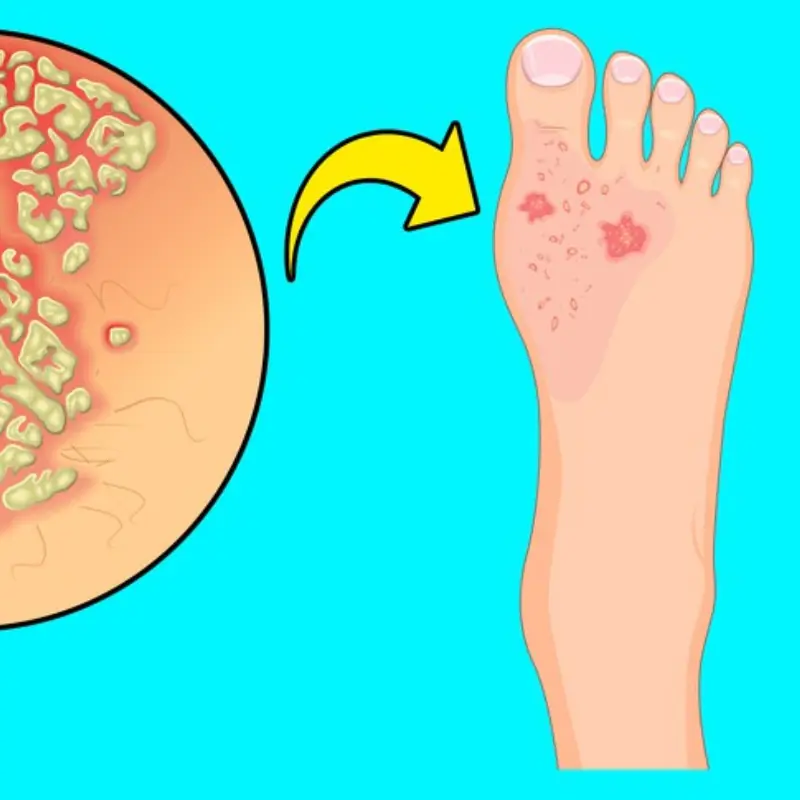
6 warning signs in your feet that may signal serious health problems, see a doctor early.
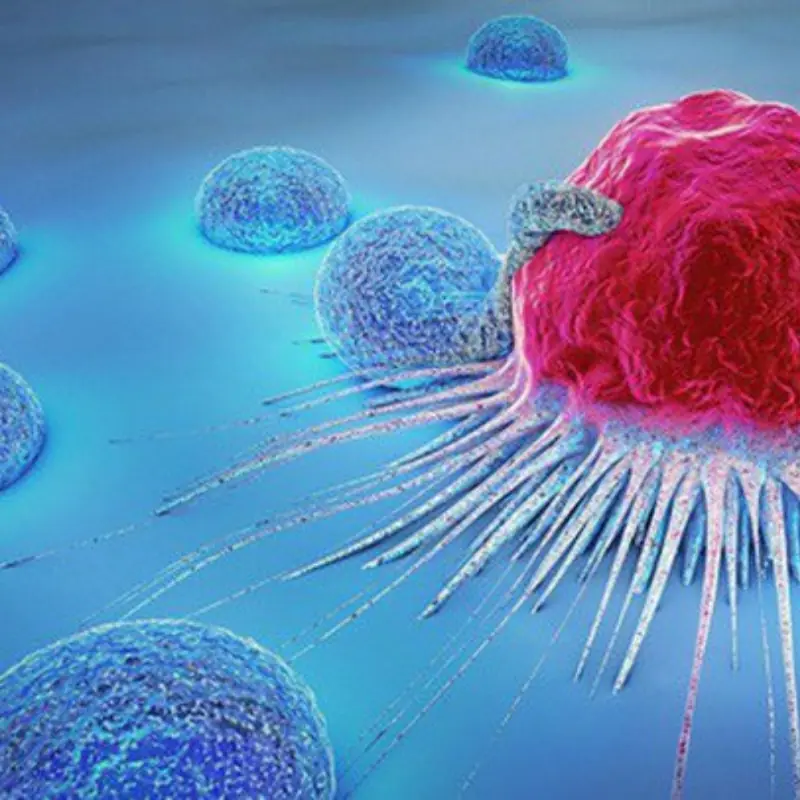
These 7 foods may help your body defend against can.cer, here’s why.
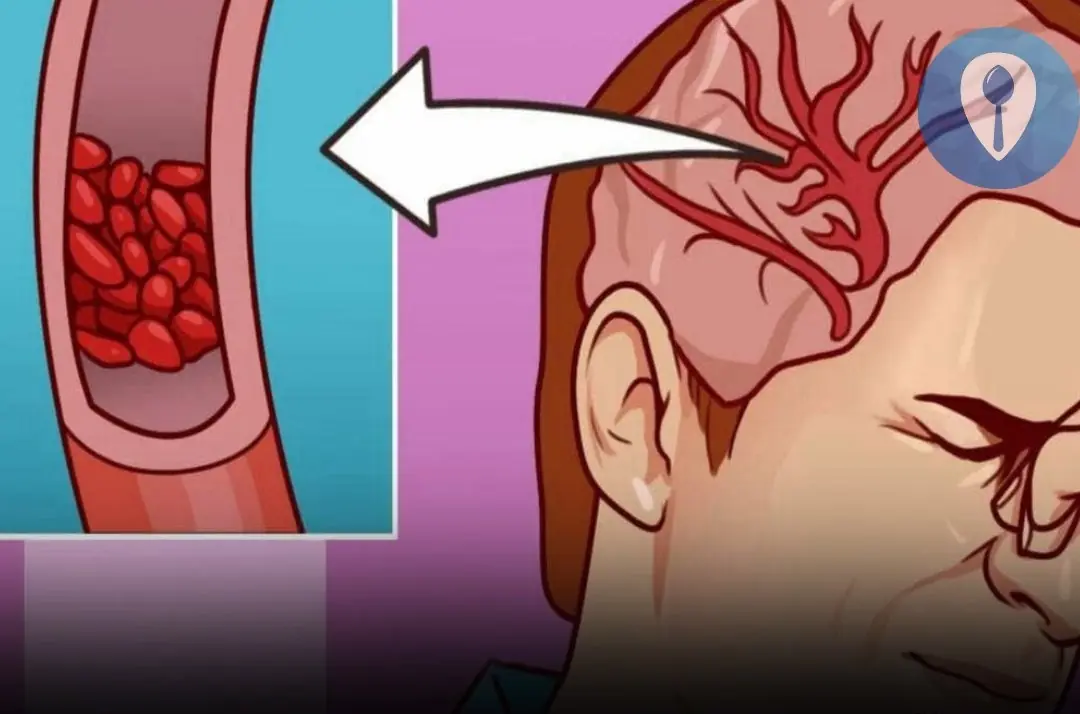
I experience 6 of these
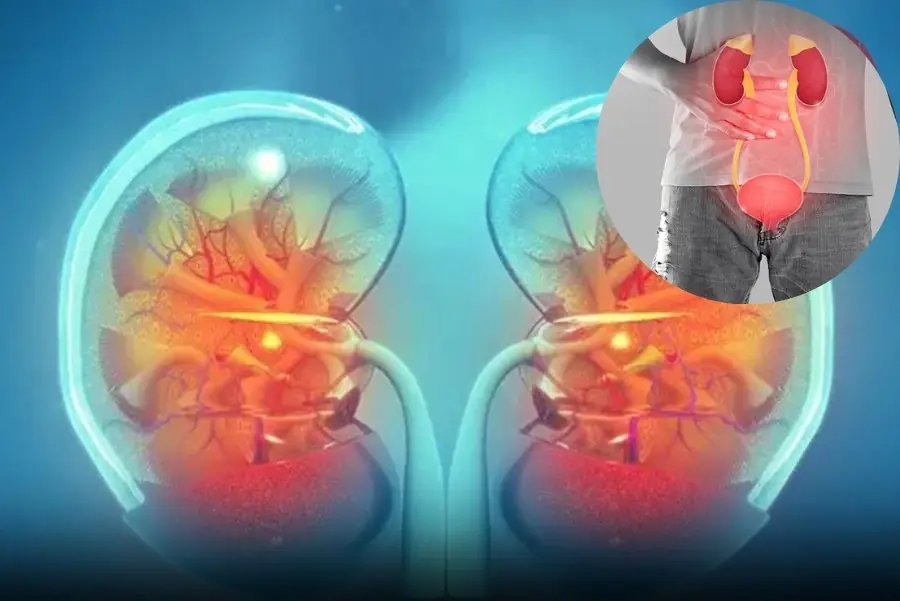
8 Silent Signs Your Kidneys Are Failing — Ignoring Them May Mean Dialysis for Life

Avoid these drinks before bedtime — they could cause problems

Hidden risk factors inside the home
News Post

Rapamycin Reduces Lung Tumor Count by Up to 90% in Tobacco-Exposed Models

World-First Breakthrough: Base-Edited Gene Therapy Reverses "Incurable" T-Cell Leukemia

Twin Study Reveals Gut Microbiome's Role in Multiple Sclerosis Development

This Drink Will Destroy Your Bones From The Inside But Everyone Drinks It Anyway

High Blood Sugar: 13 Early Warning Signs & 9 Strategies to Regain Control

Early Warning Signs of Liver Damage — And How to Protect and Strengthen Your Liver Naturally

Man has stroke after bathing right after meal: 3 mistakes you shouldn’t make

7 Power-Hungry Home Appliances: Unplugging Them Can Save Electricity—but Also Shorten Their Lifespan

Most leftover food can still be eaten—but there are two types you’re better off throwing away than “slowly pois.oning yourself.”

Dreaming of “inti.macy” with the opposite s.ex: Most cases come from these 2 reasons—don’t be naïve and misunderstand it

Avoid These 6 Foods That Can Harm Your Thyroid Health

Coconut Water and Your Kidneys: The Truth You Should Know

Philly Cheesesteak Meatloaf

Leg Cramps at Night Are Not Random—Here’s What Your Body May Be Telling You

AVOCADO PESTO PASTA

Think pouring hot water down the sink is safe? It could be causing two big problems.

Doctors Warn: 3 Pain Areas That Might Be Early Signs of Can.cer—When to Get Checked

6 warning signs in your feet that may signal serious health problems, see a doctor early.

KIWI CHEESECAKE (NO-BAKE)
